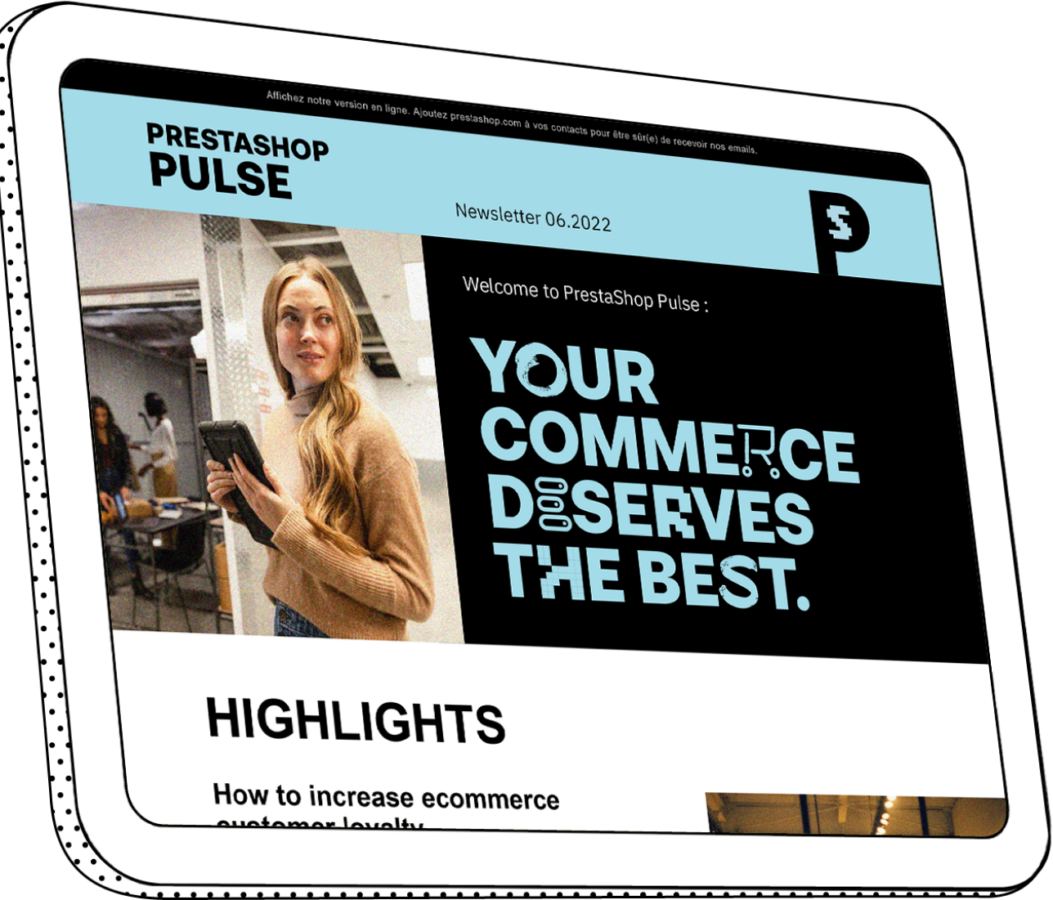
3 ways to celebrate with a greener start to the fiscal year
When you think about investing in the future of your small business, sustainability may not be the first thing that comes to mind. Maybe your startup might be ready to move from your living room to a bigger space, but does investing in a physical premises make good fiscal sense? Or you’re a mom-and-pop outfit wanting to switch up your packaging to more clearly reflect your brand values. Perhaps your small business has gone through a boom and it’s time to level up with some clever use of APIs and tech to scale quickly.
Just like a new calendar year is the perfect time to set personal goals for the year to come (even if you won’t keep them for more than 3 weeks), a new fiscal year haralds the opportunity to set resolutions for your small business (hopefully you’ll stick with these ones). Why not make this fiscal year the time to save money, make the most of your own precious time and champion preserving the environment?
1. Save money with sustainable packaging
Are you surprised to find that packaging is a good place to start when trying to reduce your bottom line? 5,000 packages are shipped every second across the US. And that amounts to a whole lot of boxes! Sure boxes are recyclable, but did you know they’re also easily resized for reuse, and breathing new life into old boxes can be a brand moment for your biz?
The folks over at Pali Baskets work with village communities in Myanmar to craft their baskets using upcycled pallet strapping, so it makes perfect sense for them to upcycle packaging for shipping too. Cassandra Leever said, “When it comes to sending, we only use reused or recycled shipping boxes…our packing tape is water-activated and recyclable, and our clear tape for adhering labels is land-fill biodegradable.” Their choice to use sustainable packaging is a clear signal to their customers that sustainability is at the core of their business. And, it saves them a whole lot of money they’d otherwise spend buying brand new boxes. Double win!
Boxes not right for your product? Get sustainable with compostable satchels and recycled plastic mailers. Sendle stock eco-friendly mailers made from corn starch that are designed to break down at the end of their life in your compost bin. You may also consider trying Pollastic bags made from 100% recycled ocean-bound plastic pollution. Pollastic collect single-use plastic bags and other plastic rubbish from beaches and turn it into better, beach-cleaning bags to ship your wares. If you’re buying mailers or satchels anyway, compostables, recycled, and recyclable satchels are a sustainable swap that just makes sense.
2. Get smart with data and integrations
If paying your staff (or yourself) is one of the biggest costs your business incurred last fiscal year, it might be time to automate more of your operations. Dive into PrestaShop’s Addons Marketplace and see what you can find to make your life easier. As one of the world’s leading open-source ecommerce solutions, with almost 300,000 sites using their software, and over 3,000 powerful modules to choose from, you can easily customize your online store to grow your customer base, improve conversion and ensure the folks visiting your store come back again and again.
There are three key components you’ll need when streamlining your operations:
- A shop (you’ve probably got this bit covered) that enables easy API integrations and customizable modules and components.
- A solution to manage your fulfillment (if you’re doing it manually, this may be the most time consuming aspect of your small business), so that the process of picking, packing, and inventory management is streamlined.
- A shipper you can rely on to manage the door-to-door delivery of your packages, and iron out any issues along the way (more on this later).
Once you get the integrations sorted, you’ll be poised to grow with ease, while reducing your overheads and freeing yourself up for activities well worth your time.
3. Greenify every aspect of your small business
A new fiscal year is a good time to reflect on the overall “greenness” of your small business. Sustainability in your office, spare room, at the dining table or warehouse isn’t only about how you spend your precious hard earned. It’s about the choices you make in every aspect of your operations.
When purchasing supplies, choose those with a smaller negative environmental impact, or even a positive impact. This could be as simple as choosing recycled paper for your printer or going paperless. But it’s not only the obvious environmental expenses you can trim. Are you using single-use cups, crockery or cutlery in the kitchen? Switch them for second-hand finds from the op-shop or encourage folks to BYO from home.
If you’ve outgrown your home office (or corner of the living room), rather than investing in a whole new premises, you may like to try a co-working space like WOTSO in Australia, or WeWork. Not only will you create some soothingly clear home/work boundaries, the fees are often tax deductible. It might also be worth a check in with your power retailer to see if you can switch to renewable energy sources (like wind or solar) to power your business. Ready to go one step further? Why not look at installing your own solar panels as a partial business deduction?
Finally, one of the most powerful ways you can impact the sustainability of your business is to ensure every business you partner with, also prioritizes the environment. Sendle is the sustainable shipper specifically designed for small business. As the first 100% carbon neutral shipping service in the United States and Australia, they work hard to reduce shipping’s harm on the planet – they even rolled out Australia’s first fleet of solar fuelled electric vehicles (EVs) in partnership with Bonds Couriers. Sendle will pick up your packages for free, and deliver them directly to your customer’s door (or chosen drop off spot). They’re all about making shipping simple and more affordable for small businesses, and sustainability has always been at the heart of what they do.





